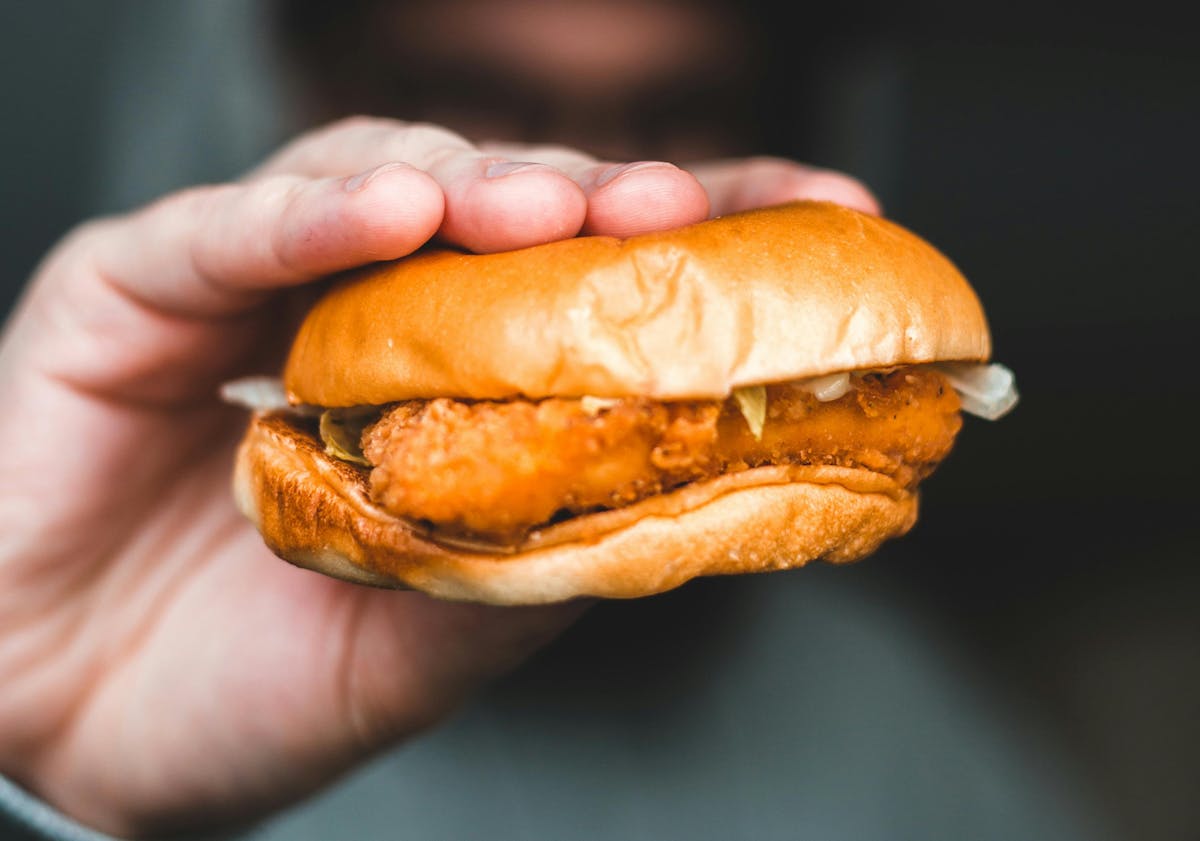The Impact of a Tiny Country Church Fish Fry Is Immeasurable
One of the organizers of the Upper Ten Mile church fish fry, Eric Cowden, says, ‘We’ll make about 10,000 meals this year that will serve both the lunch and dinner crowds.’

PROSPERITY, Pennsylvania — If you make a fish fry dinner, people will come from miles around. They will even cross several state lines to get to your church basement if the fish sandwich is fresh and spilling out of both sides of the bun, the macaroni and cheese is homemade with just enough crisp on top, and the coleslaw is crunchy and tangy.
It turns out that people will return if, when they leave, they aren’t just pleased with the food they’ve eaten but they’ve also found new friends among the hundreds of strangers who were sitting on the wooden folding chairs along the long, cafeteria-type tables. Especially if the fish fry money goes to a meaningful cause.
That is just what has been happening for the past 19 years here at the Upper Ten Mile Presbyterian Church in the middle of this tiny Washington County village. This event, held every Friday during Lent, has raised a whopping $500,000 over the years for missions to serve the underserved.
One of the organizers of the Upper Ten Mile church fish fry, Eric Cowden, said, “We’ll make about 10,000 meals this year that will serve both the lunch and dinner crowds.”
Not bad for a tiny country church situated in a town that has maybe 30 houses from end to end and a congregation that attracts about 80 to 90 faithful every Sunday for church services.
Wednesday marks the beginning of the Lenten season, when faithful Christians will observe 40 days of fasting, reflection, prayer, and giving as they seek to grow closer to their faith in preparation for the observance of the Easter resurrection.
Mr. Cowden said people are motivated to return not just week after week but also every year because of the camaraderie that blooms among strangers when they take their seats in wooden folding chairs, talking initially with strangers, but then leave with the realization that they just experienced that sense of community they’ve been missing for far too long.
Since European immigrants first brought the mostly Catholic tradition of abstaining from eating meat on Fridays during Lent more than 150 years ago, America’s faithful have turned church basements across Appalachia and the Great Lakes in the Midwest into bountiful results for struggling parishes and congregations. Almost invariably, word of mouth spreads that not only is the meal good but it is affordable, while the reconnection with people enhances their lives.
“The Upper Ten Mile is very much a mission-minded church; we go on a trip every summer that usually has about 25 people that go on it, usually to some hard-hit area of Appalachia. For instance, when the big West Virginia floods happened, we were there helping rebuilding,” Mr. Cowden explained.
Mr. Cowden said they started out in 2005 and sold only a couple of dinners, then joked they had a handicap because of their denomination. “The Catholics have always had the hold on fish fries. We always joke about that, that we’re trying our best, but it’s really grown. It’s taken a life all of its own,” he said.
If someone told you they knew of a tiny country church in a town with maybe 30 houses in it that had recruited volunteers who showed up every week, hand-dipped 1,500 fish fillets in egg wash, flour, and breading, and fried them, as well as made homemade macaroni and cheese and coleslaw — and did that for eight successive weeks — you’d likely think they were spinning a tall tale.
Mr. Cowden just smiled; they sell out every week.
The town of Prosperity, for many people, is a place that serves as a gateway between one destination or another. It was founded in 1848 by a gentleman named Robert Wallace who had dreams of grandeur that never materialized for the plots of land he purchased. Most of the homes sitting along state Route 18 that cuts through the center of the village are more than 100 years old, well-loved, and worth slowing the car down just to take in their simple beauty.
Come Friday, this village will be hopping with people lining up to either sit a spell and have their beloved fish fry dinners or taking stacks of take-outs back home or to the office. License plates here will hail from as far away as Virginia, Kentucky, West Virginia, and Ohio, and even from across the state.
Yes, it’s that good.
Mr. Cowden said they pick the fish up frozen on Tuesdays and begin the preparations on Thursday. By Friday, all hands are on deck. By Friday evening, an entire crew comes in to break things down so they can start all over again on Tuesday.
How popular are fish fries in Appalachia and the Great Lakes region? Well, put it this way: There is an app or two for that. There are also detailed Google searchable maps for Lenten fish fries as well. In short, it’s pretty serious stuff out here in the middle of somewhere.
“People literally turn their entire social calendar over for the several weeks of Lent to which fish fry they are going to go to,” Mr. Cowden said. “For us, it is more than a fantastic meal. It is a way for people to have a meaningful impact in our mission work; Americans love to be part of something bigger than themselves, and they also love creating and joining communities. This does all of that.”
Creators.com

